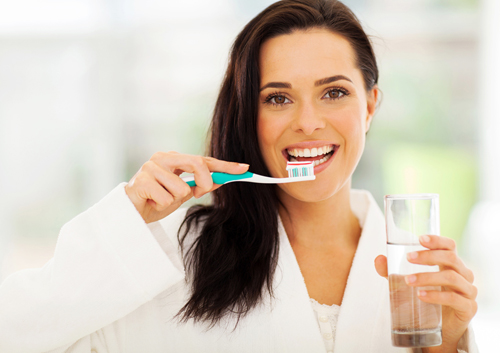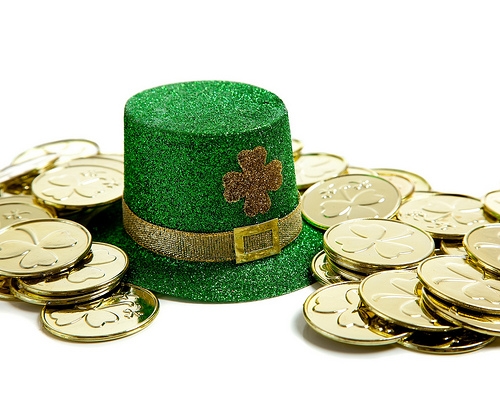Our Blog

The dental section of your local drugstore or favorite online site offers more dental tools for home care than ever before. Little angled mirrors. Tongue

Oral cancer is largely viewed as a disease that affects those over the age of 40, but it can affect all ages, even non-tobacco and

Toothpastes come in many forms and boast different flavors, benefits, and endorsements. All are designed to remove surface bacteria and prevent the buildup of plaque

Winter and its snowball fights are behind us, true, but there might be another kind of snowball heading your way—the snowball effect you risk when

It was a small fall! A miniscule piece of popcorn! A minor foul on the basketball court! But now there’s a chip in your otherwise

Losing a baby tooth is often an exciting event in a child’s life. It’s a sign your child is growing up, and might even bring

“St. Patrick’s Day is an enchanted time — a day to begin transforming winter’s dreams into summer’s magic.” Adrienne Cook Lucky green shamrocks, leprechauns, and

At San Elijo Dental, we know the most common oral health diseases are tooth decay and periodontal disease (or gum disease), and both are among


